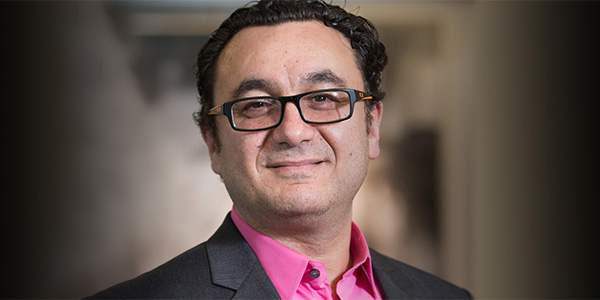The impact on the field of implementation science by Regenstrief Institute Research Scientist Edward J. Miech, EdD, continues to grow.
A study co-authored by Dr. Miech, “Core implementation strategies for improving cirrhosis care in the Veterans Health Administration,” was published in Hepatology. Dr. Miech notes that being published in a journal of this magnitude brings implementation science to a wider audience.
The study evaluated a novel cirrhosis care quality improvement program aimed at identifying implementation strategies associated with improved cirrhosis care over time. The use of configurational analysis identified multiple strategic pathways directly linked to more effective cirrhosis care. Eight implementation strategy combinations were found to be core to cirrhosis care improvement.
The study also used qualitative interviews to operationalize strategies for a manualized intervention. This multi-method approach offers a guide for determining pathways to high-quality care, by selecting efficient and effective implementation strategies and strategy combinations.
In addition to his role as a research scientist at Regenstrief, Dr. Miech is a core investigator for the U.S. Department of Veterans Affairs Health Services Research and Development Center for Health Information and Communication, Richard L. Roudebush VA Medical Center. He also serves as an implementation scientist with the Expanding Expertise Through E-health Network Development Quality Enhance Research Initiative Center based in Indianapolis and is an assistant professor of emergency medicine at Indiana University School of Medicine.









